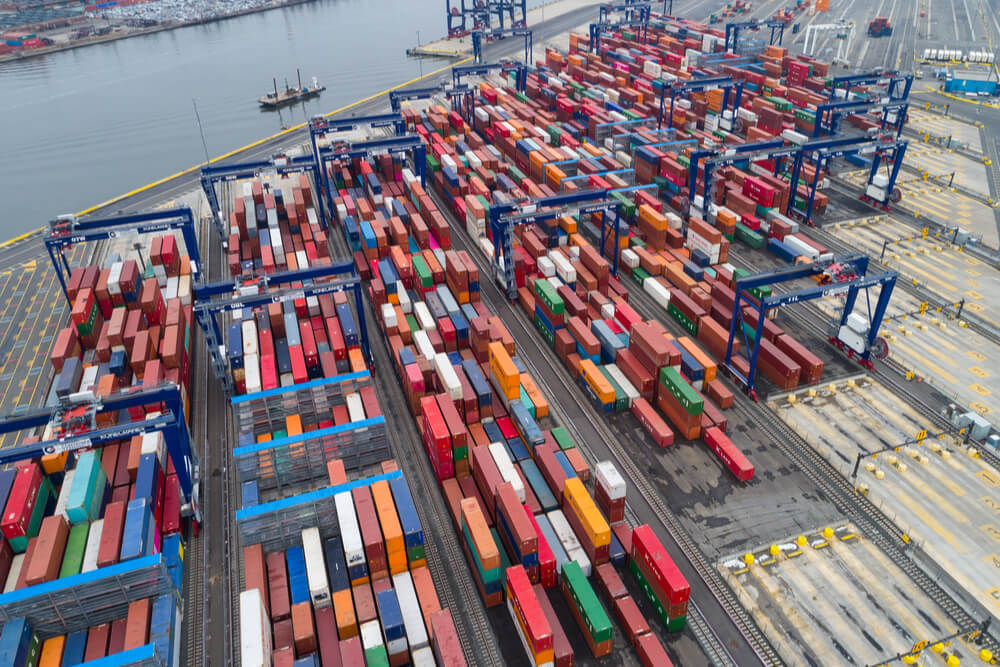
Consumers are noticing that some Thanksgiving staples are noticeably absent from supermarkets and favorite children’s gifts remain backlogged. Top executives are warning that these supply chain disruptions are unlikely to ease in the coming months.
Although port authorities in California are trying to resolve an unprecedented number of cargo ships idling off the coast, freight movement does not appear to be improving. The Wall Street Journal recently reported that several Thanksgiving musts are running low.
“By the end of October turkeys were over 60 percent out of stock — lower than the same time last year by more than 30 percentage points. A spokesperson for Butterball LLC, one of the largest U.S. turkey processors, said the company has been experiencing similar labor and supply challenges as other organizations and industries,” the Wall Street Journal reported.
Items such as cranberry sauce are reportedly 20 percent out of stock, stuffings were down 25 percent, and yams are running below normal thresholds. Those holiday niche items may be the harbingers of bad news. That’s because corporate executives have gone on the record indicating that rising inflation and supply chain impediments are effectively joined at the hip. Container port congestion and the unprecedented need to add CDL professionals to the long-haul trucking sector have tied the hands of manufacturers, farmers, and retailers alike.
“We feel that the supply chain constraints will continue to be in the market all the way to the second half of calendar year 2022 before we see them abating,” Hewlett Packard Enterprise finance chief Tarek A. Robbiati reportedly said.
West Coast port authorities began levying fines on slow-moving containers at the urging of the White House. Some are claiming that these fines have prompted companies to move freight more swiftly. Others indicate the $100 per day fines will be passed along to consumers and add insult to the inflation injury.
Since the fine policy was adopted, the number of cargo ships anchored off the coast increased from about 80 to more than 110. Experts in the logistics sector have not backed away from the professional opinion that supply chain problems will persist deep into 2022.
“We’ve been looking at no relief coming until the end of the 2022 calendar year,” Sarah Banks, of the freight and logistics at firm Accenture PLC, reportedly said. “But the continuing issues in supply chains raise the question of whether that is still possible.”
Her sentiments echo across the freight hauling and logistics community. Some industry insiders are quickly becoming convinced there is no light at the end of the tunnel has shown itself.
“I won’t try to prognosticate when and how this ends, but I do believe that it’s going to extend for quite some time,” C.H. Robinson Worldwide CEO Bob Biesterfeld reportedly said.
Many in the trucking industry believe the best solution involves creating opportunities for younger drivers to enter careers operating tractor-trailers and delivering more loads on a daily basis.
Sources: businessinsider.com, wsj.com











Leave a Comment